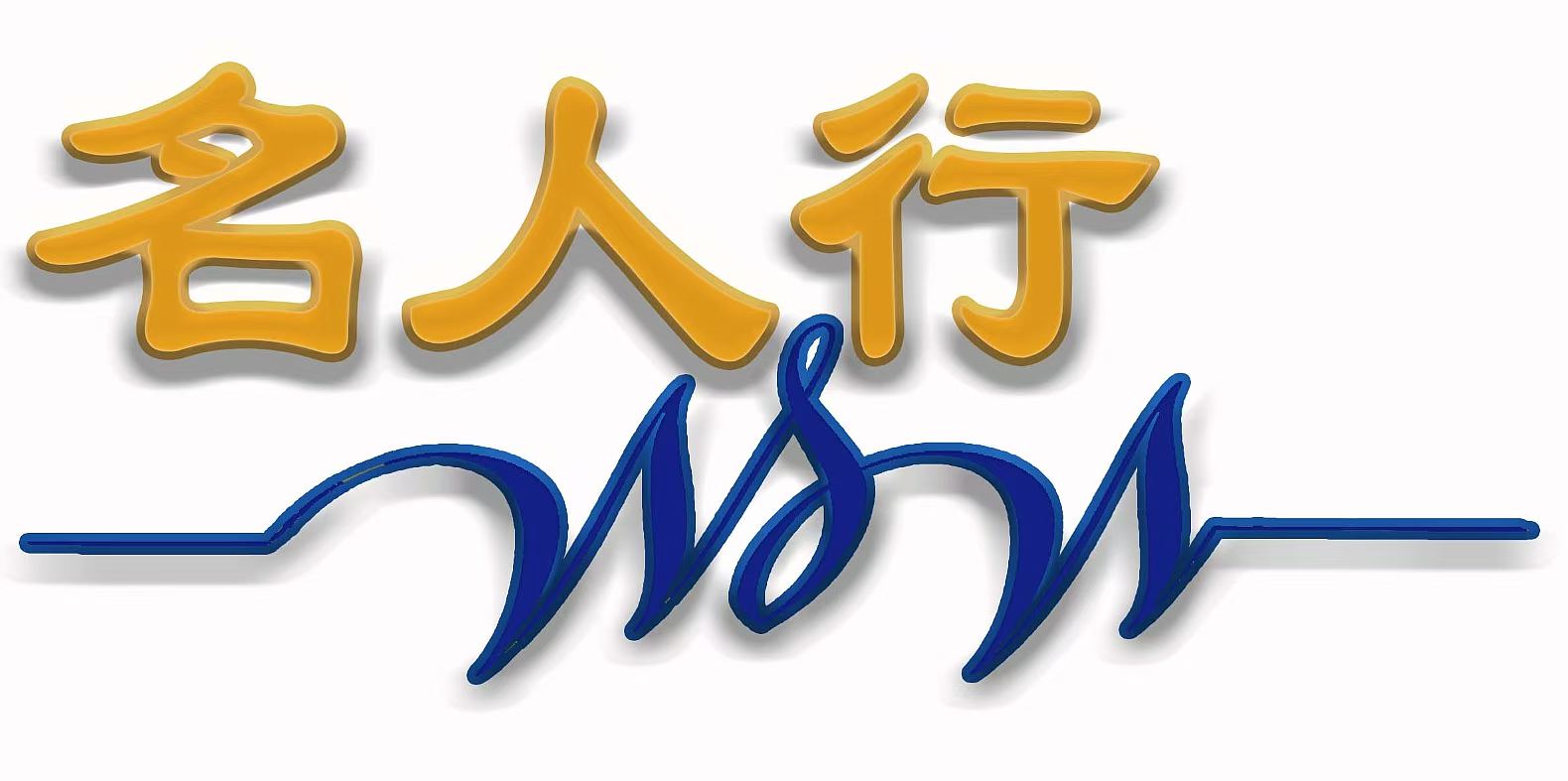The Daoist Path to Cultivating Humanity: Embracing Selfless Compassion
Introduction
In Daoism, the cultivation of humanity is an art of harmonizing with the Dao—the natural, flowing order of the universe. This path emphasizes simplicity, humility, and effortless action (wu wei). At its heart lies a profound compassion that arises not from dogma or calculation but from an innate alignment with the interconnectedness of all life. Yet, in many traditions, noble ideals like mercy and piety are often co-opted for self-interest. Daoist philosophy offers a transformative alternative: a compassionate existence rooted in equality, selflessness, and unconditional love.
The Illusion of Merciful Self-Interest
Human history is rife with instances where concepts like "mercy," "God," or "humanity" are weaponized to justify greed, control, or exclusion. Leaders may invoke divine mandates to consolidate power; institutions might demand tithes in exchange for spiritual favors. Such actions, cloaked in virtue, obscure a transactional mindset—one that Daoism rejects. As Laozi warns in the Dao De Jing: "When the Dao is lost, only then do we preach benevolence and rules." Hypocrisy arises when virtue becomes a tool for profit rather than a natural expression of being.
Daoist Compassion: Effortless and Unconditional
True Daoist cultivation dissolves the ego’s boundaries. The sage, as Laozi writes, "acts without contention, benefits all without harming." Compassion here is not a moral obligation but a spontaneous reflection of unity with the Dao. Consider Zhuangzi’s parable of the butcher Ding, who masters his craft through attunement to the natural rhythm of life. Similarly, Daoist mercy flows effortlessly, like water nourishing all without discrimination. It asks nothing in return, for the Daoist recognizes no separation between self and other.
Principles of Daoist Humanity
- Equality (無分別 Wu Fenbie): The Dao embraces all things equally—the noble and the humble, the strong and the frail. To cultivate humanity is to see beyond hierarchies, recognizing the Dao in every being.
- Selflessness (無私 Wu Si): The sage "does not accumulate for himself," Laozi teaches. True generosity arises when one releases the illusion of ownership, giving freely like the cosmos itself.
- Unconditional Love (無條件的愛 Wu Tiaojian de Ai): Daoist compassion is not bound by judgments or conditions. It mirrors the sun’s rays, shining on all without exception.
- Wu Wei in Action: Acts of kindness are performed without force or agenda, aligning with the natural order. Charity done for social approval becomes a burden; anonymous giving flows like the Dao—silent, sustaining, and unseen.
Modern Relevance
In an age where altruism is often performative—think viral "acts of kindness" for online validation—Daoist wisdom calls us back to authenticity. It challenges us to examine our motives: Are we serving others to elevate ourselves, or are we dissolving into the service itself? The Daoist ideal is embodied in the anonymous donor, the quiet protector of nature, or the neighbor who helps without expectation.
Conclusion
The Daoist cultivation of humanity is a radical invitation to transcend the ego’s cravings. It asks us to embody mercy not as a virtue to claim but as a way of being—a gentle, unwavering force that nurtures life as naturally as the seasons turn. In a world fractured by self-interest, the Dao reminds us: true compassion is the water that quenches all thirst, asking only that we flow. As Zhuangzi might say, "The perfect man has no self; the holy man has no merit; the sage has no name." In this nameless, selfless space, humanity finds its purest expression.

Comments (0)
No comments